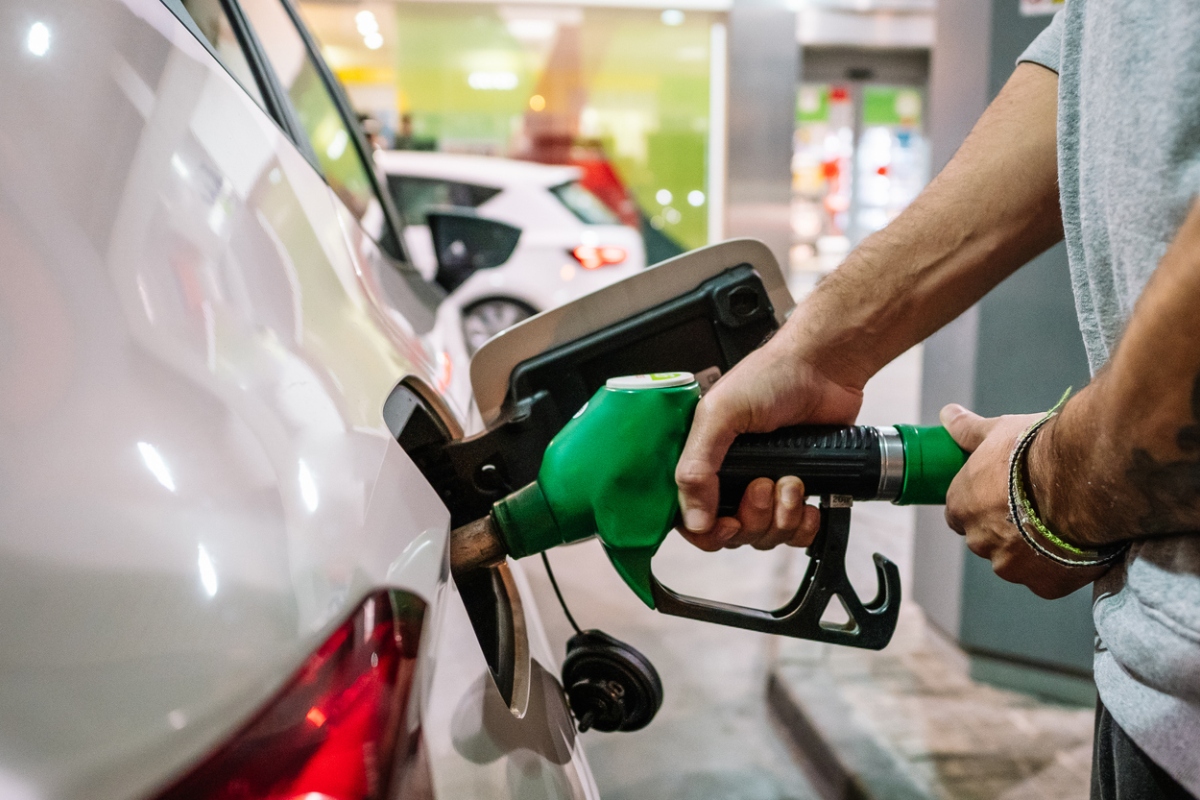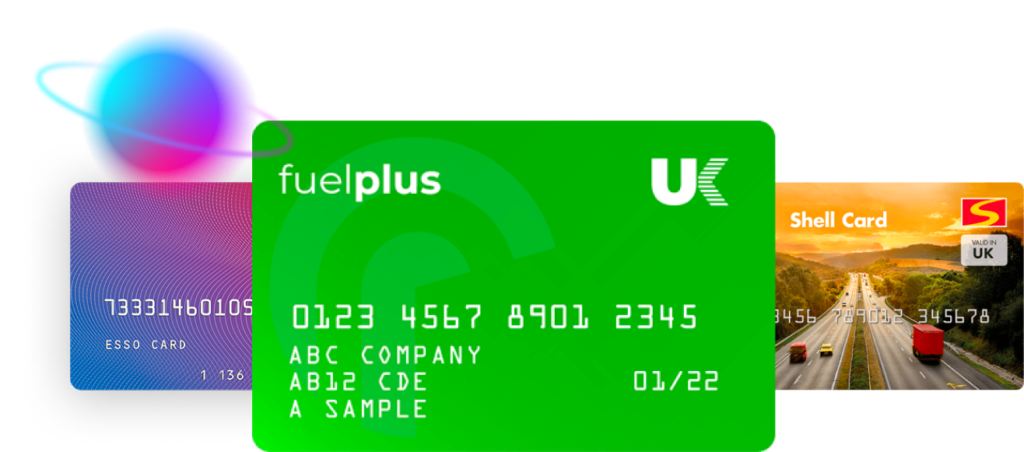Choosing between a petrol or diesel vehicle can be tricky.
There are lots of advantages to both options, so you need to consider:
- Do you want more speed?
- Do you want a car that produces lower emissions?
- Do you have a certain budget in mind?
All of these questions, along with individual preference, will dictate whether you choose petrol or diesel. Furthermore, knowing which option is more fuel efficient helps you get more mileage for your money, with less harm to the environment.
This is particularly important as we push towards creating a greener planet, reducing our emissions overall and contributing to a healthier environment.
In this blog, we’re helping you decide between petrol or diesel by exploring how these cars work in terms of fuel efficiency.
What Is Good Fuel Efficiency?
As a general rule of thumb, cars with good fuel economy typically achieve more than 60 mpg.
So if you’re in the market for a new car, prioritising high mpg is a great way to save on daily running costs, especially when fuel prices fluctuate.
Anything over 50 mpg is considered decent fuel consumption, while anything below 25 mpg indicates poor fuel economy. It’s important to keep in mind that cars with lower mpg often incur higher fuel costs over time, especially for frequent drivers or those travelling longer distances.
Petrol or Diesel: What’s the Difference?
When looking at a petrol and diesel engine, there are several differences including their ignition process, running costs, and fuel efficiency. We’re looking at these in more detail below, helping you make an informed decision when choosing your next car.
The ignition process
Petrol engines use a spark plug to ignite the air-fuel mixture, whereas diesel engines rely on compression ignition where fuel is injected into compressed, hot air. In turn, this causes spontaneous combustion.
Due to this difference, the engines vary in terms of efficiency and power output, with diesel often providing better fuel efficiency and torque. That’s because diesel engines operate at higher compression ratios, which results in more energy being extracted from the fuel, and diesel fuel itself has a higher energy density than petrol.
This makes diesel vehicles more suitable for heavy-duty driving, whereas petrol engines tend to be smoother and quieter.
Running costs and fuel efficiency
Running costs are a key factor when choosing between petrol and diesel, as they determine how much your vehicle will cost over time.
Diesel vehicles are generally more fuel-efficient, offering more miles per gallon, which makes them a cost-effective choice for long-distance drivers. However, diesel fuel is usually more expensive than petrol, and for those who mostly take short trips or drive in cities, the fuel savings may not be enough to offset the higher cost per litre.
Start saving now by applying for a FuelQ card in minutes.
Beyond fuel expenses, petrol vehicles tend to be more affordable in terms of insurance and servicing. While they consume more fuel, they are often cheaper to tax due to lower nitrogen oxide and particulate emissions.
On the other hand, despite their better fuel economy, diesel cars can come with higher insurance, servicing, and tax costs, particularly for older models.
Longevity
Another important difference is that diesel engines tend to have a longer lifespan due to their robust construction and their ability to handle higher compression.
This durability makes them a preferred choice for high-mileage drivers, commercial vehicles, and fleets that require reliability over extended periods. However, while diesel engines are built to last, they can be more expensive to maintain due to their complex components, such as turbochargers, particulate filters, and emission control systems, which need regular servicing.
In contrast, petrol engines typically have a shorter lifespan, but they are often cheaper to repair and maintain. They produce fewer nitrogen oxides and particulates, making them slightly cleaner in some aspects. That said, advancements in diesel technology, including cleaner-burning fuels and improved emission control systems, are helping to reduce their environmental impact.
Driving and performance
Diesel engines are known for their high torque output providing better pulling power, especially at lower speeds. This makes them an ideal choice for towing, hauling, and long-distance driving.
They are also better suited to carrying heavy loads or climbing hills as the higher torque gives them more low-end pulling power.
On the other hand, petrol engines typically offer smoother acceleration and quieter operation, making them well-suited for city driving and smaller vehicles. They also provide more responsive performance at higher RPMs, making them better for those who prioritise speed in everyday driving.
If you’re travelling long-distance, or making regular trips, you could enjoy big savings with a FuelQ card. Suitable for both businesses and individuals, these cards are ideal for those looking to reduce fuel costs. See the savings you could enjoy below or click here to apply in minutes.
Pros of Petrol Engines:
- Lower initial purchase price: Petrol cars are usually cheaper to buy than diesel.
- Lower servicing costs: As they have less complex components, petrol engines generally require less expensive maintenance and repairs.
- Smoother and quieter: Petrol engines are often quieter and smoother particularly in smaller vehicles.
- Lower emissions: Petrol engines produce fewer nitrogen oxides (NOx) and particulates compared to diesel, often resulting in lower road tax in some regions.
- Better acceleration: Petrol engines typically offer quicker acceleration and more responsive performance at higher RPMs, making them ideal for city driving.
Cons of Petrol Engines:
- Lower fuel efficiency: Petrol engines usually have lower fuel economy than diesel engines, meaning you need to refuel more.
- Less torque: Petrol engines usually offer less torque, making them less ideal for heavy-duty tasks such as carrying large loads.
- Higher running costs over long distances: Over long distances, petrol engines can become more expensive to run due to their lower fuel efficiency.
Pros of Diesel Engines:
- Better fuel efficiency: Diesel engines typically offer greater miles per gallon, making them more cost-effective over long distances.
- Higher torque: Diesel engines provide more torque, making them ideal for towing, hauling, and driving up steep hills.
- Longer lifespan: Diesel engines are built to handle higher compression and stress, often resulting in a longer overall lifespan compared to petrol engines.
- Better fuel economy at higher speeds: Diesel engines perform more efficiently on motorways and when you’re travelling long distances.
- Higher energy density: Diesel fuel contains more energy per litre in comparison to petrol, providing better mileage.
Cons of Diesel Engines:
- Higher fuel costs: Diesel fuel is often more expensive per litre than petrol, which can offset some of the savings in fuel efficiency.
- Higher maintenance costs: Diesel engines tend to require more expensive maintenance due to their components (such as turbochargers and particulate filters).
- Higher initial purchase price: Diesel vehicles can have a higher upfront cost due to the more advanced technology and components.
- More emissions: Diesel engines emit more nitrogen oxides (NOx) and particulate matter, leading to stricter emissions regulations and higher road tax in some areas.
- Noisy operation: Diesel engines can be louder and produce more vibrations compared to petrol engines, especially in smaller cars.
Petrol or Diesel? The Best Options for Fuel Efficiency
Knowing whether to opt for a petrol or diesel vehicle depends on several factors, from fuel efficiency, to performance, to your preferred style of driving.
Whilst both types of engines have their pros and cons, an important factor is determining how much driving you do. As we’ve covered in the blog, typically diesel engines yield more miles per gallon, allowing you to enjoy more mileage over a longer distance.
This is ideal for those who drive long distances, such as business travelers or anyone whose job involves frequent motorway driving. That said, those who make smaller, more frequent trips could benefit from a petrol engine as they tend to be more cost-effective for city driving and shorter journeys.
Regardless of which engine you have, you could benefit from the cost savings of a FuelQ card. Suitable for businesses and individuals alike, this card is easy to use, pin protected, and gives you access to big savings on your fuel. Apply online in minutes and enjoy discounted prices every time you fill up.

